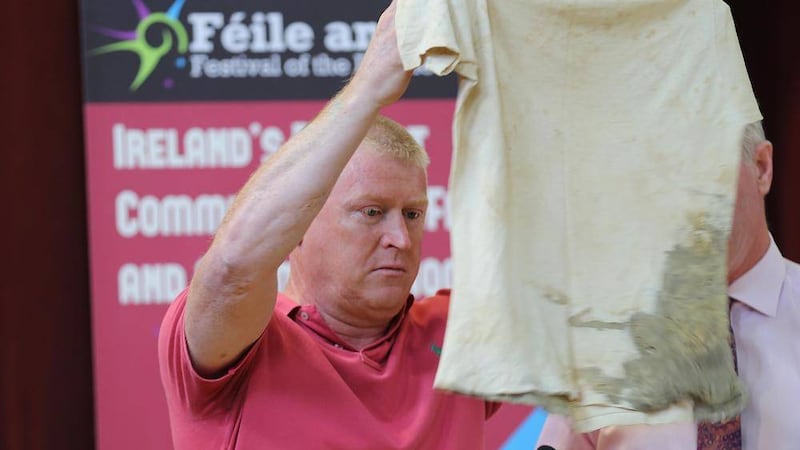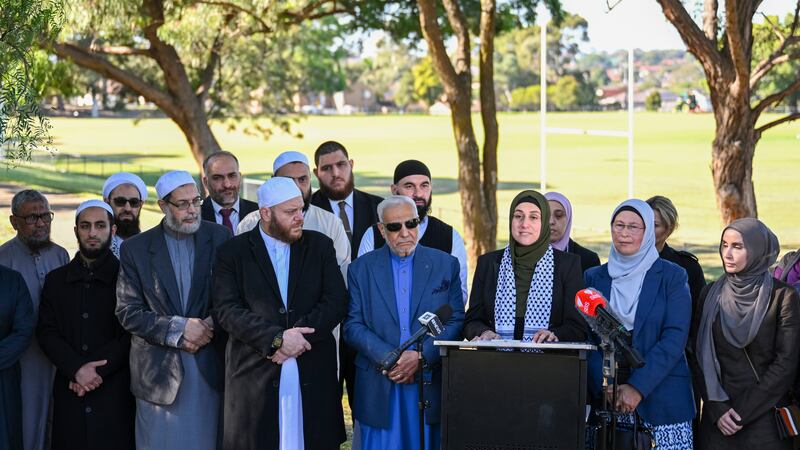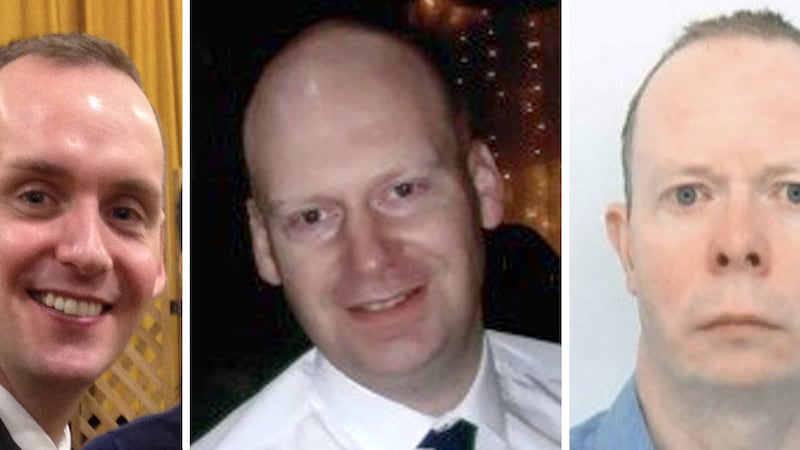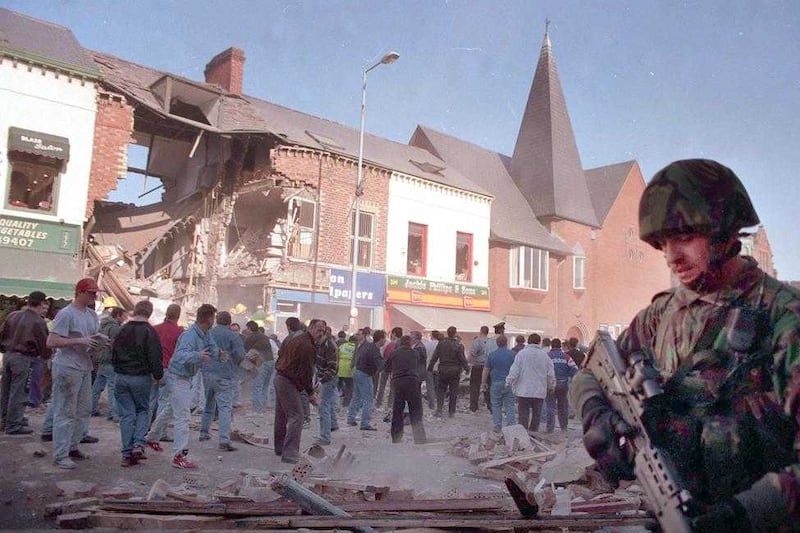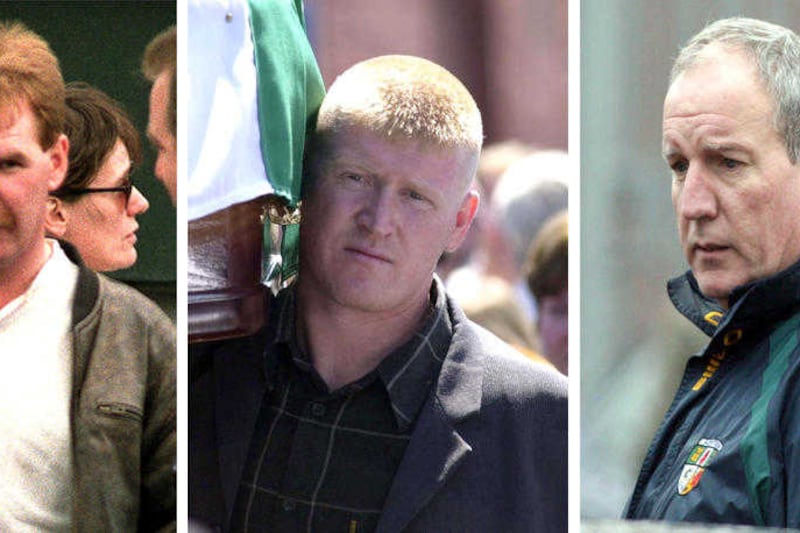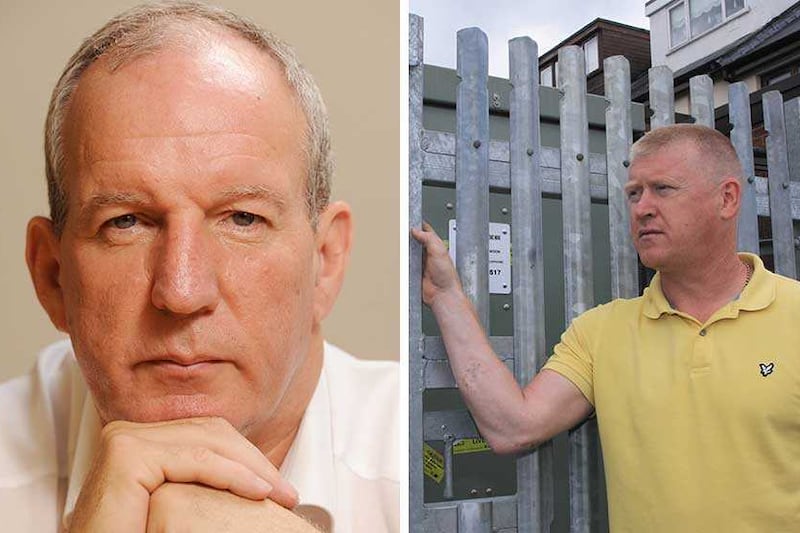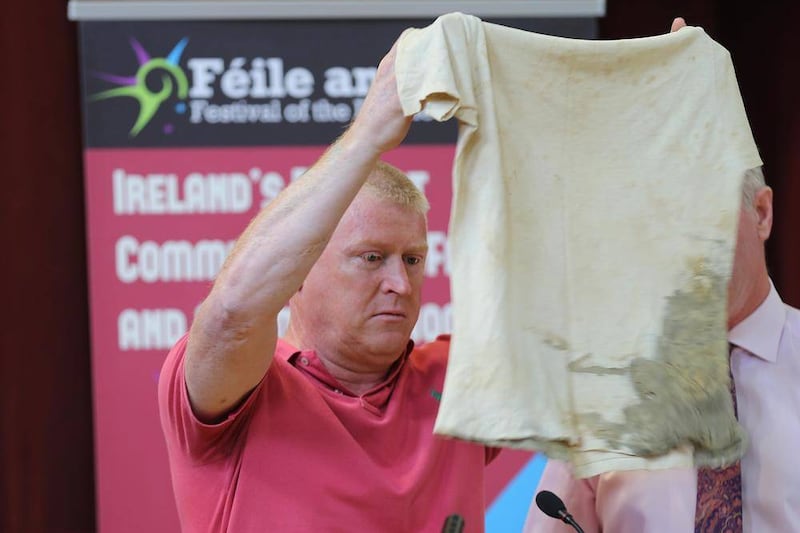A well-known north Belfast republican has given an emotional account of the impact the British army killing of his father has had on his family.
Ardoyne man Eddie Copeland fought back tears as he spoke publicly about the killing of his father John by the British army over 40 years ago.
The 23-year-old was gunned down as he walked to his Ladbrook Drive home in Ardoyne in October 1971.
The father-of-two died in hospital two days later.
Mr Copeland was speaking at an event organised by Relatives for Justice as part of Féile an Phobail to highlight state collusion in the murder of innocent Catholics.
During his address at St Mary's University College in west Belfast the prominent republican held up a blood-stained top his father was wearing when he was shot, pointing out bullet holes left in the garment.
As he described the circumstances of his father’s death, Mr Copeland said his killing had a profound impact on his family.
"This murder of our father has totally ruined our lives," he said.
He described how he and other family members were subsequently targeted by loyalists.
"Other attempts on my life kept on coming over the next few years, this meant I was constantly moving about sleeping in different houses each night but the loyalists were still being fed information about where I was staying as attempts on my life kept coming because they knew exactly where I was," he said.
He also spoke about an attempt by a British soldier to kill him as he stood outside a wake in Ardoyne in 1993 and a loyalist murder bid in 1996.
During the event, which was addressed by several relatives of people killed during the Troubles, RFJ director Mark Thompson outlined state involvement in targetting members of the nationalist community.
"The British policy of collusion predates our most recent conflict and can be directly traced to other countries occupied, colonised and held by Britain through the use of military force," he said.
